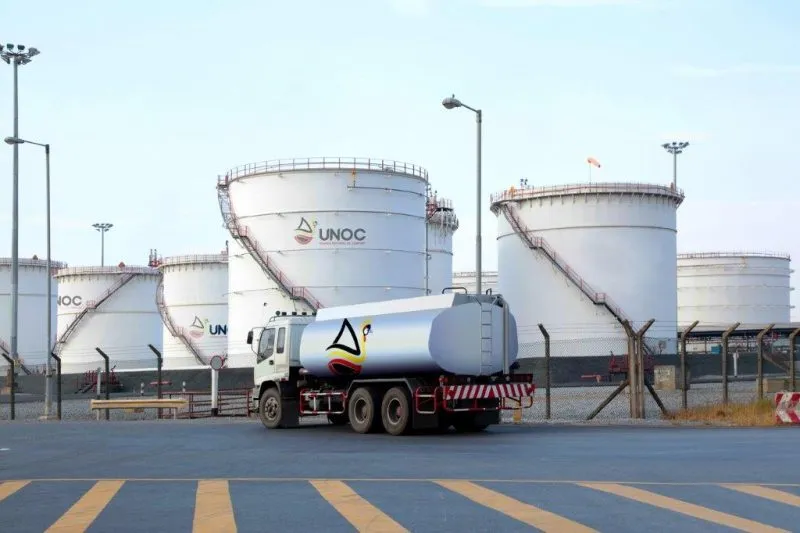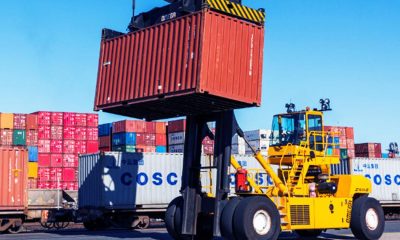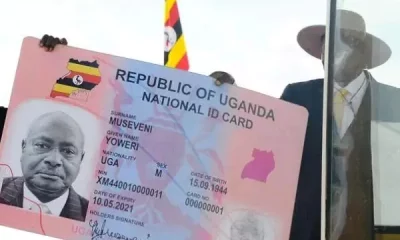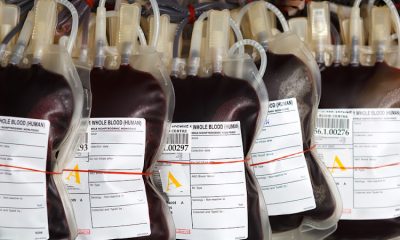The Ugandan Minister of Energy, Ruth Nankabirwa, has introduced a significant bill to Parliament that could reshape the nation’s petroleum industry. The Petroleum Supply (Amendment) Bill, 2023, tabled for its First Reading on Tuesday, aims to regulate the importation of petroleum products, but it has sparked controversy and concerns among industry stakeholders
The proposed legislation, if enacted in its current form, would grant Uganda National Oil Company (UNOC) a monopoly to supply imported petroleum products to licensed oil marketing companies, a move that has raised questions about fairness and competition in the sector. Public hearings on the bill are expected to take place in Parliament, allowing for a broader discussion on the implications of this proposed change.
Government officials have defended the bill, emphasizing that its intention is to provide exclusive authority to UNOC rather than create a monopoly. However, some industry players have expressed their fears that the move is, in reality, aimed at granting a fuel importation monopoly to Vitol Bahrain E.C, a Bahrain-based company, under the guise of strengthening UNOC.
The importation and marketing of petroleum products in Uganda have been open to several private entities, creating a competitive marketplace. Many of these private players are concerned that the change in policy might adversely affect their businesses.
One company that has openly opposed the proposed bill is Mahathi Infra (U), which has been actively involved in transporting oil by tanker ships on Lake Victoria, connecting Kisumu to Bukasa. Captain Mike Mukula, one of the company’s directors, warns that creating a UNOC monopoly could harm investors who have already invested in fuel importation infrastructure.
The Ministry of Energy, on the other hand, has described Vitol Bahrain E.C as a strong partner with a substantial turnover in 2022, highlighting their commitment to strengthening UNOC. The Ministry claims that Vitol Bahrain E.C will assist UNOC in building the necessary capacity to handle petroleum products from the Uganda refinery.
Recently, UNOC secured a five-year contract with Vitol Bahrain E.C.
The Ministry of Energy further states that Vitol Bahrain E.C will provide financial support for the business, backed by its global balance sheet, and work with UNOC to ensure competitive pricing for petroleum products. They have also committed to financing the construction of additional capacity in partnership with UNOC.
The government’s position is that Oil Marketing Companies (OMCs) will continue to sell products to consumers through their established commercial arrangements and retail fuel pumps. The Petroleum Supply (Amendment) Bill, 2023, was approved by the Cabinet on October 23, 2023.
Minister Nankabirwa has expressed the government’s belief that supporting UNOC’s involvement in the supply chain will enhance its competitiveness internationally and ultimately benefit the Ugandan people.
The primary objectives of the bill include designating UNOC as the sole importer of petroleum products for the Ugandan market, empowering the Minister of Energy to nominate other entities for importing petroleum products, enhancing supply security, reducing fuel prices, and generating additional revenue to support infrastructure development via UNOC.
By giving UNOC exclusive importing authority, the government intends to reduce reliance on external suppliers, streamline the importation process, eliminate unnecessary transactions in the supply chain, and, as a result, make petroleum products more affordable for consumers. It also hopes that UNOC’s involvement will generate additional revenue for other infrastructure projects in which UNOC holds a vested interest on behalf of the State.
Uganda is currently a net importer of petroleum products, with over 90% of imports arriving via the Mombasa port in Kenya and the rest through the Dar-es-Salaam port in Tanzania. While the importation structure has allowed licensed Ugandan Oil Marketing Companies (OMCs) to access petroleum products, recent changes in Kenya’s importation system have raised concerns about supply vulnerabilities.
The government believes that the proposed changes in the law and policy will lead to a reduction in pump prices by eliminating unnecessary costs in the supply chain, improving supply security, and ultimately benefiting the people of Uganda.
The bill now faces a significant debate in Parliament, where the future of Uganda’s petroleum industry will be decided. Public hearings will provide a platform for industry stakeholders and the public to voice their opinions and concerns about the proposed changes.





















